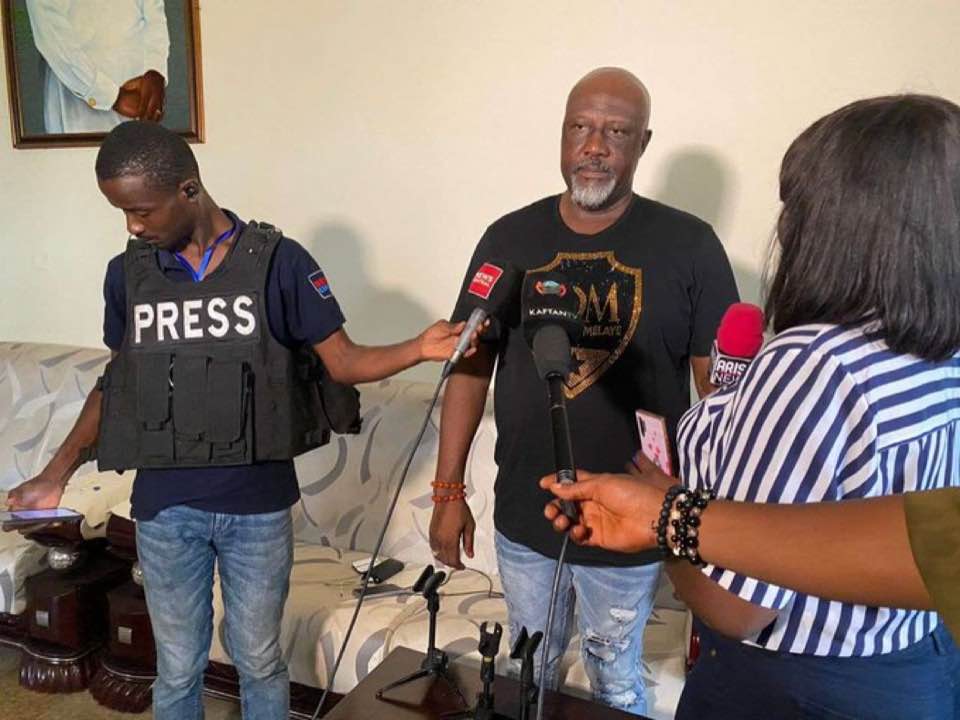Politics
INEC chairman Yakubu faces strong criticism from Dino Melaye, who outlines his upcoming steps

The Independent National Electoral Commission (INEC) refutes allegations that it interfered with the officially recognised voter figures in the poll, stating that the Kogi governorship election on November 11 was free, fair, and genuine.
Alhaji Mohammed Haruna, National Commissioner of INEC and member of the Information and Voter Education Committee, stated as much in a statement released on Wednesday in Abuja.
“Some media allegations claiming that INEC tampered with the accredited voter counts in the Kogi governorship election results released on the INEC Result Viewing (IReV) portal have brought the agency’s notice.
These rumours, however, are untrue.
“The Bimodal Voter Accreditation System (BVAS) has the most precise and recent voter accreditation data, for the avoidance of uncertainty.
On election day, electors who have registered to vote are authenticated and accredited at different polling places using the BVAS system. All voters’ accreditation information is automatically retained, he claimed.
According to Haruna, the BVAS was created primarily to function offline, without Internet connectivity, allowing voters to experience verification and accreditation more quickly and easily.
READ ALSO: INEC declares the Kogi governorship poll as valid and trustworthy
“The Accreditation Backend System (ABS) receives the accreditation data automatically from the BVAS application while it is in use or active, contingent upon the strength of its Internet connection.
“When the device’s application is not in use or when internet access is inadequate, this data exportation does not occur.
When more than one BVAS device is deployed at a polling place with more than 1,250 registered voters, the same experience is had.
“This could be likened to a scenario wherein inadequate network connectivity impedes the transmission of an SMS between two individuals via a mobile device,” he stated.
According to Haruna, in order to guarantee that all accreditation data is sent to the ABS, presiding officers were supposed to hit the data exporting button on the BVAS at the conclusion of the election.
As fresh data come in to update the current figures, this process—known as synchronization—could cause changes in the accreditation figures.
This serves as the rationale for the disclaimer about the accreditation numbers that is shown on the IReV portal. After the poll closes, the accreditation data on the BVAS cannot be altered.
He declared, “The public should ignore the false report and misinformation.”
